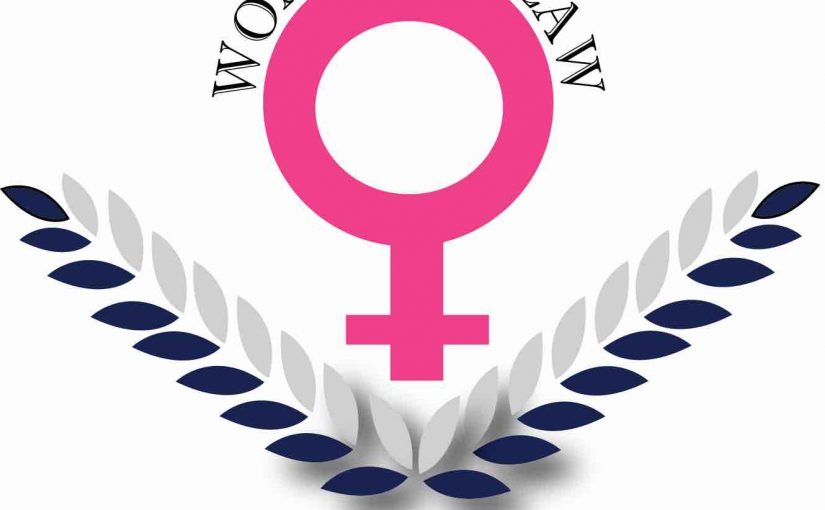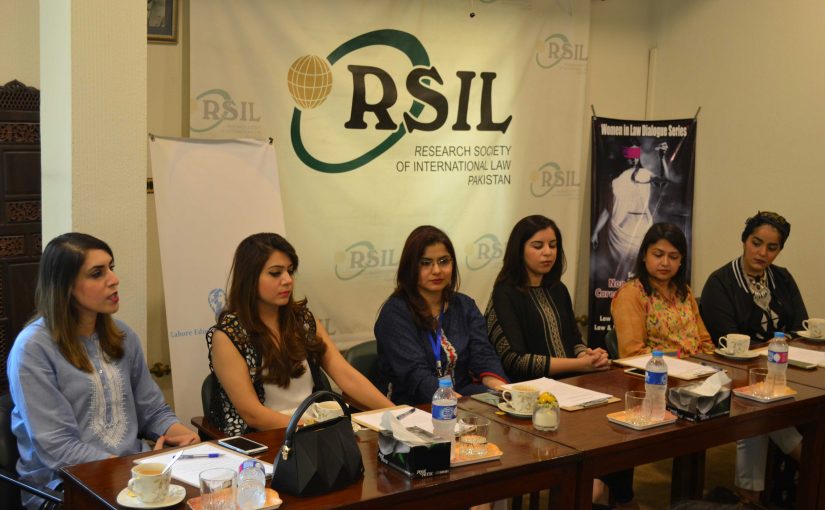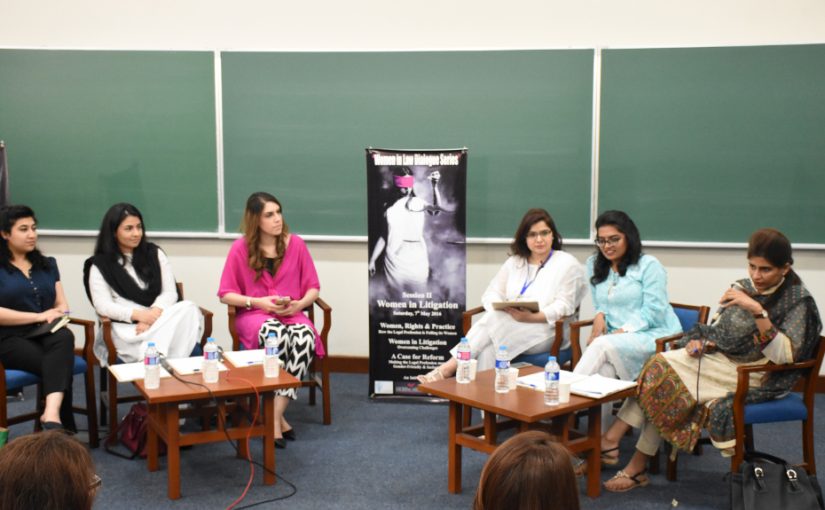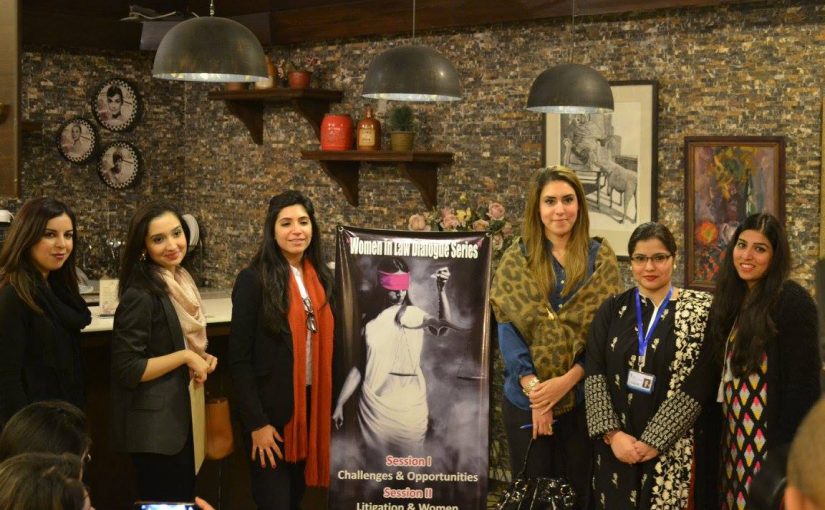Education is the key to a healthy and prosperous future. One of the missions that we value the most is that of education. We plan to invest in the future by giving priority to education and making it available for children regardless of their financial background. Regrettably, a large number of children tend to be on the streets in Pakistan due to their unaffordability of the education.
The need to educate the masses is crucial more than ever before. In the Information Age, the era of technology, when the competition to win the race of excellence is so high, a big chunk of our youth is deprived of the very essence of it all; Education.
Another prominent problem that arises every time we talk about the education system in Pakistan is that, of the very little number of children who are fortunate enough to get the primary education, the ratio of girls is too alarmingly low. The basic right to education, although which may appear as a luxury in our scenario, must be given to children regardless of their gender. Girls in specific should be encouraged to attend school and it should be made as convenient for them to do so as it is for boys, if not more.
The sad reality we face is that, traditionally, young girls are expected to follow the footsteps of their mothers. Consequently, they are only taught the household chores to be able to grow up to be the “Perfect” stay at home wives. It is so systematically followed that in most cases, girls even lack the ability to write their own names but would be able to carry out all kinds of domestic work. However, thanks to the slow yet noticeable realization of the need to educate, there has been a slight change in the workings of this system. Nevertheless, a lot still needs to be established to achieve the real goal.
If we look into religious point of view, we would see that it says that the education is an equal right and if we ensure that one generation of women gets educated, then slowly but surely, we would be able educate the entire nation. If we take the progressive countries into account, we will notice that providing education to women has brought a positive change in their overall economy and living standards.
The struggle to be educated in Pakistan is real for girls. More often than not, girls don’t have the freedom to practice their right to basic education since our society regards it as “too liberal” to send girls to educational institutions and therefore, too many questions are raised. Although, it is strange but this is the reality for many. A big percentage of our Pakistani community living in Spain also has a similar point of view, however, a lot of people are trying to protest against it by advocating for their girls and trying to demonstrate that education is essential and everybody has an equal right to join any professional field.
This problem originated due to the way our society thinks. In our culture, we hear a good amount of people say that it is not necessary to educate the women and send them to institutions because we are going to lose this investment when they will get married off. However, they disregard that fact that whatever she learns will help her live a healthy and prosperous life and this would not only stop here but would also be reflective when she starts her own family alongside her husband. So, when they educate their daughters, they enable them to become competent enough to handle their own finances, manage their own problems and handle their economic issues.
The uncertainty of the future makes it more and more important for us to help the girls be independent, especially financially. We believe, providing them with education would lay the foundation of the implementation of this idea.
In Pakistan almost half, forty-nine percent, of the girls who begin primary school are forced to leave before completing the final grade and so, as a result, seventy-one percent of women in Pakistan have not completed primary school, compared with forty-one percent of men (these statistics have been published by UNESCO Institute of Statistics, UNESCO and UNICEF). It’s odd to talk about such matters in the western world as the west was able to overcome such problem centuries ago, but it’s still a reality in countries like Pakistan and there is still a long way to go before we become capable enough to adapt to the changes of our technologically advancing world.
Pakistan has unmatchable talent which gets very little attention owing to little international recognition because of the language barrier which needs to be eliminated. Therefore, it is understood, if we want for our children, both girls and boys, to prosper in this fast world, it has to come through education. With all these recent developments all around the world, it has unquestionably become a crucial need.
I would like to conclude this article with the wise words of Muhammad Ali Jinnah which said that, “If we want to bring an end to our problems, we must unite as a nation to resolve our problems!”. He also set an example for us by helping all Muslims in uniting and fighting for their freedom to Pakistan and we shall never forget what his struggles and the creation of Pakistan meant. I hope we can unite and change the perspective of our society and bring our women and children to the positions they deserve to be in.








